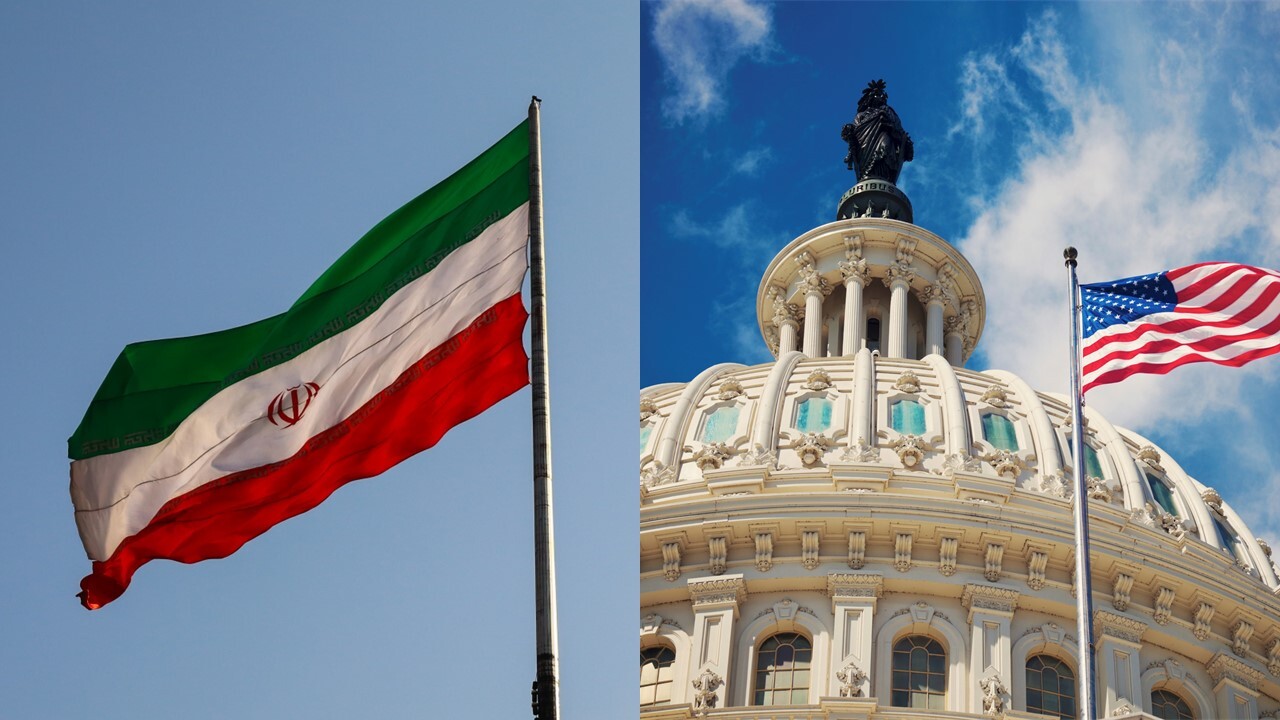Terrorist Abdul Nacer Benbrika set for release
The commonwealth will seek to have Abdul Nacer Benbrika placed on an extended supervision order – a clear sign he will be released from jail this year.

The commonwealth will seek to have Abdul Nacer Benbrika placed on an extended supervision order – a clear sign that one of Australia’s most infamous domestic terrorists will be released from jail this year after 18 years spent behind bars.
An application is expected to be made as early as Monday – months before Benbrika’s continued detention order, a post-detention order that has kept him in custody for three years after the completion of his 15-year jail term, expires in November.
An extended supervision order, Australia’s tightest supervision regime, would see Benbrika monitored 24 hours a day by law enforcement, with his telephone and online communications, his friendships and his movements closely watched and vetted.
He would also be required to continue to attend deradicalisation programs.
Extended supervision orders were introduced only in 2021, with parliament moving to shore up supervision of a cohort of high-risk terrorism offenders, including Benbrika, due to be released from jail in coming years.
After serving almost two decades in jail following his conviction on two terrorism charges in the early 2000s, Benbrika has launched a court action seeking his release, with his lawyers disputing the validity of the terrorism assessment tool that experts used to advise the court that he posed an ongoing risk.
Home Affairs has quietly handed his lawyers a secret report that casts serious doubt on the effectiveness of the assessment tool, known as VERA-2R, in a case that could have far-reaching implications.
The reluctant decision by Home Affairs to hand over the sensitive report by leading academic Emily Corner followed strong criticism from the national security legislation watchdog.
Supporters of VERA-2R – described by Home Affairs as its “primary’’ assessment tool – say it is a valuable and proven method of determining whether a convicted terrorist is likely to pose a risk to the public when released from custody.
Critics say it has little credibility, and liken it to Tom Cruise’s science fiction movie The Minority Report, where a “pre-crime’’ unit arrested people before they could commit future crimes.
Home Affairs commissioned the Corner report under the previous Coalition government and received it in May 2020, but shelved it and failed to provide it to lawyers representing terrorism offenders being assessed under the VERA tool, or challenging their assessments.
That changed last year when the Independent National Security Legislation Monitor Grant Donaldson SC, who examines Australia’s national security legislation, discovered it.
He was highly critical of Home Affairs’ decision to keep the report a secret from the lawyers and from his office, and doubled down on his criticism in Senate estimates hearings earlier this month.
In answers to Greens senator David Shoebridge, Mr Donaldson revealed he had done an internet search to identify the report after his office got wind of it. “My office heard there was a report that had been done into the particular tool, the VERA-2R tool.
“I actually googled Dr Corner and it was identified on her website,’’ Mr Donaldson said.
He then asked Home Affairs for the report, and why they had not provided him with a copy. “Subsequent to receiving the report, I had a meeting with officers of the Home Affairs Department, and their view of it was explained to me,’’ he told the committee.
“Were you satisfied there was a bona fide reason to not provide you with a copy of that report,’’ Senator Shoebridge asked.
“I was satisfied there was not a bona fide reason,’’ Mr Donaldson replied, saying he believed the report ought to be made public and failure to give the report to lawyers representing people undergoing VERA assessments was a “totally unfair process’’.
VERA – the Violent Extremism Risk Assessment – was formalised in 2009 and has been reviewed several times. The current version – VERA-2R – was formulated in 2018. More than 200 counter-terrorism experts and psychologists in Australia are accredited to use the tool, and dozens of Islamic State terrorists and supporters, mainly in NSW, have been assessed under it.

It is widely used across Western democracies as part of proceedings to determine how to manage the cohort of convicted Islamic State terrorists.
In a 2022 review into continuing detention orders, Mr Donaldson summarised Dr Corner’s report findings as noting that both the VERA-2R tool and another assessment tool known as RADAR had “questionable predictive validity’’ and the lack of evidence had “potentially serious implications for the validity and reliability’’ of the tools.
The report has now been handed to lawyers representing three terrorism offenders – Benbrika, Blake Pender and Hadashah Sa’adat Khan, an estimates hearing was told this month.
Al-Qa’ida supporter Benbrika was convicted in 2008 of being a member of a terrorist organisation and directing the activities of a terrorist organisation, namely a Melbourne-based terror cell plotting to blow up landmarks in Australia in the early 2000s.
Pender, from NSW, is on an extended supervision order and already back in jail. An apparent Islamic State supporter, his case is a complicated one involving mental illness, various religious affiliations, and crimes of violence.
Khan, a radicalised young woman from Melbourne, has served a recent jail term for online communications with a man whom she encouraged and advised on how to travel to Syria to join Islamic State.
Deputy Secretary of the Attorney-General’s Department, Sarah Chidgey, told Senate estimates that the Corner report had been provided to Pender’s team in late November, and Benbrika’s and Khan’s teams in late December, after Mr Donaldson’s review publicised its existence.
“Keeping this critical report secret from the legal teams defending high-risk offender cases was bad enough, but hiding it from the National Security Legislation Monitor is a genuine disgrace,’’ Senator Shoebridge said. He called on Attorney-General Mark Dreyfus to release the report to allow for an informed debate on an assessment tool supposed to be keeping the community safe.
Dr Corner declined to comment, and the Home Affairs department said: “This report is not currently a public document and is involved in legal proceedings.’’







To join the conversation, please log in. Don't have an account? Register
Join the conversation, you are commenting as Logout